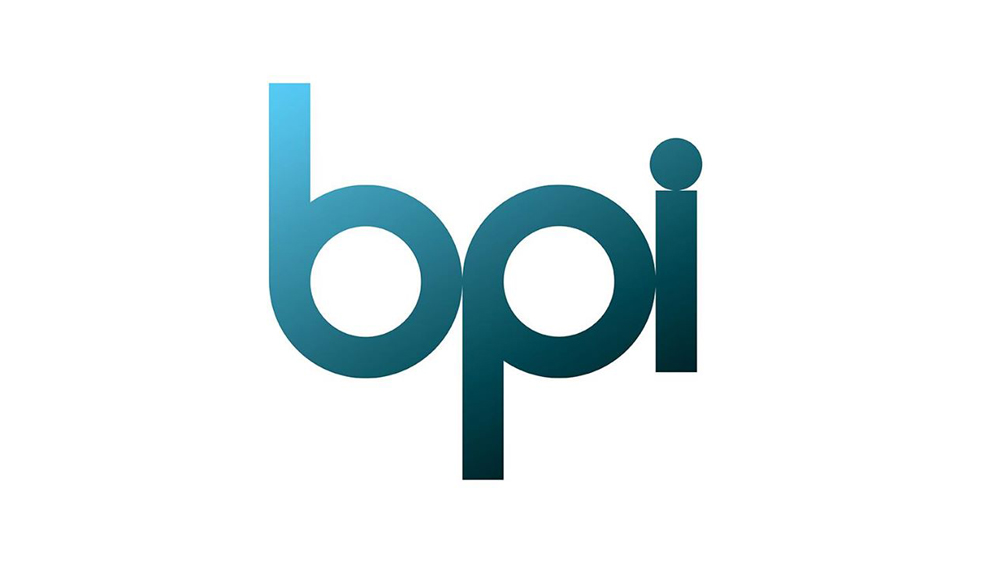Ever since I can remember I have been fascinated by the stage. From the awe of watching Michael Jackson on the TV to my first ever concert – an evening church service with MaryMary – I knew I had to be surrounded by great artists.
I think I was 14 when I first sang into the voice recorder app on my Blackberry and, on playing it back, realised that I may not have what it takes to be an artist myself. Luckily it wasn’t long before T-Pain brought out his auto tune app and made that experience slightly more bearable, but I was grateful for this self-awareness to want to move on to developing potential talent in others.
Since then, I’ve always aimed to work behind the scenes and play a supportive role for the most talented people in the world. I learned that behind the finished product is an incredible team of stakeholders and we see it in music every day. Stormzy’s #Merky imprint is an incredible case study in how a hardworking and dedicated team can elevate a brand. I have seen amazing individuals from that team go above and beyond to make things happen, not for the individual credit, but for the music and being a part of something amazing.
'We find ourselves so intrinsically linked to our job titles we struggle to make meaningful connections with people in our industry and relationships can sometimes feel transactional.'
‘Credit’ is something that I have struggled with in this new age of industry professional influencers and brand building. Whilst I think it’s incredibly important to build a professional reputation to advance opportunities, I also think the heart of what we do and why we do it can get lost in the want for self-promotion, especially as our roles are designed to be away from the spotlight.
Social media can sometimes find us posting meaningless content to prove our achievements to strangers; whether that be our access to exclusive events, proximity to talent – posts I am guilty also of. I have started asking myself before pressing the share button – ‘Why am I posting this?’ and now if I’m not met with a genuine response, the memory becomes one for the personal archive.
We also find ourselves so intrinsically linked to our job titles we struggle to make meaningful connections with people in our industry and relationships can sometimes feel transactional. When leaving label/publisher life for a short period, I remember losing a lot of ‘friends’ and then when transitioning months later into my current role they reappeared.
'The visibility equating to success line resonates with me, not necessarily because it is something we can all relate to, but because of the calibre of people who are less visible and are taking enormous strides in our scene.'
In her EMMYs acceptance speech Michaela Coel said: ‘I dare you. In a world that entices us to browse through the lives of others to help us better determine how we feel about ourselves, and to, in turn, feel the need to be constantly visible, for visibility these days seems to somehow equate to success. Do not be afraid to disappear, from it, from us, for a while, and see what comes to you in the silence.’
The visibility equating to success line resonates with me, not necessarily because it is something we can all relate to, but because of the calibre of people who are less visible and are taking enormous strides in our scene. It reminds me of amazing professionals like Eve Fairley-Chickwe, who at such a young age had one of the most talented rosters in the country from Loyle Carner to Mahalia, Koffee and The Big Moon but manages to slip under the radar. Or creatives like Kay Ibrahim who has worked with the biggest artists in the world whilst remaining dedicated to breaking new alternative artists through visual art. Even though both Kay and Eve are not spoken about as much as they should be I have now come to realise that is the point. Eve is not signing amazing artists to be on stage and Kay is not taking images so he can be in front of the camera. They are simply just doing their job and doing it well.
'Striking the healthy balance between self-promotion and being more elusive is key to getting the work done and letting your work speak for you.'
It is important to celebrate ourselves as Black people – if we don’t, no one will. But whilst we celebrate and promote ourselves, and the usual names come up, let's look around more and look out for the underdogs. This doesn't always have to be public either, words of encouragement go a very long way one-on-one. You would be surprised that a simple ‘thank you’ on an intense week at work is enough to make someone cry.
Striking the healthy balance between self-promotion and being more elusive is key to getting the work done and letting your work speak for you. Lastly, power to the artist and creators, our livelihood exists because of them and the artists that have gone before.





